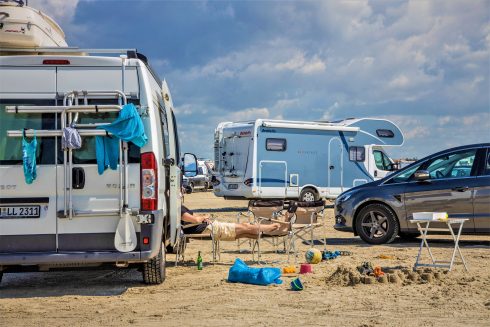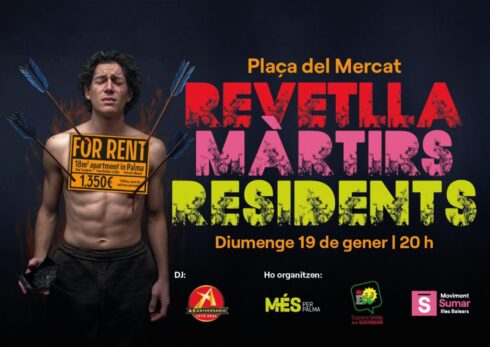REGISTRATION of new motorhomes in the Balearic Islands grew by 36% last year, according to the Spanish Association for the Caravanning Industry and Commerce.
The upturn comes as mobile home owners in Palma on Mallorca will soon have to deal with a civic ordnance banning overnight stays in public areas.
City mayor, Jaime Martinez recently said that ‘caravans cannot become a housing solution or an uncontrolled tourism model’.
READ MORE:
- Vanlifers facing crackdown in Spain’s Mallorca: Motorhome dwellers to incur huge fines
- Motorhome and camper van thieves change chassis details and produce fake documents to sell vehicles to unsuspecting customers in Spain

His comments brought a strong reaction from one motorhome group who said what they do is a legitimate form of sustainable tourism.
“They are criminalising us for no reason and the only thing we want are adequate spaces to park and coexist in harmony with the city,” it said.
For example, spending a night in a motorhome parked in a public area could incur a fine of up to €1,500.
People living in motorhomes at improvised settlements, such as by the Son Hugo swimming pools, face an uncertain future because of the impending law.
The increase in motorhome numbers comes as Mallorca is suffering problems with a supply of affordable housing.
At the end of 2024, the University of the Balearic Islands (UIB) conducted Spain’s first-ever study of motorhomes and said there were 150 of them on Mallorca- of which around 83 were for residential use.
Settlements were located at Son Hugo, Son Guells, Ciutat Jardi, La Vileta, and Nou Llevant- all in the Palma area- as well as Calvia’s Caas Catala.
There are also different opinions among motorhome owners with two associations calling for a February 8 demonstration against Palma’s new laws.
But representatives of ‘residential’ vehicle owners have distanced themselves from the protest.
They say the two associations are made up of tourist and recreational motorhome users.
Javier Gonzalez representing owners at the Son Guells settlement said the two groups were complaining about an ‘insignificant problem’ and that the real issue among 90% of caravanners in Palma is housing.
“Our use is not recreational, it is residential. They want to park their vehicle next to the beach, they go sightseeing. We are forced to live here because there are no affordable properties,” Gonzalez added.









